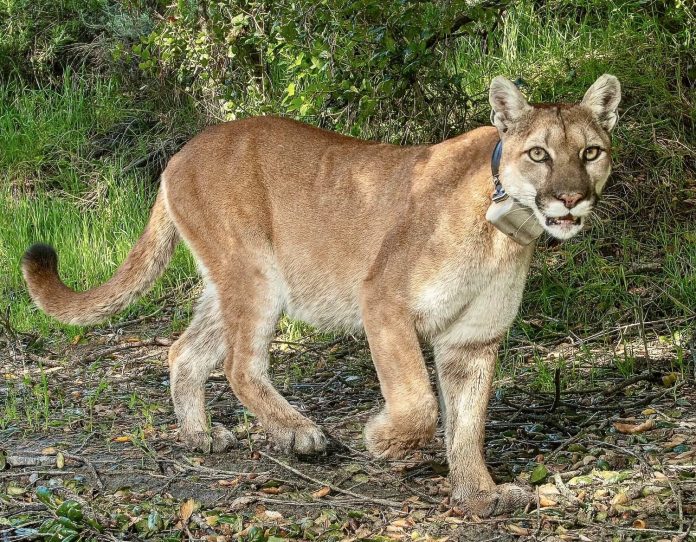
The Poison-Free Wildlife Act Passes The California Senate, Awaits Governor’s Signature
You can help all animals and our planet by choosing compassion on your plate and in your glass. #GoVeg
RELATED ARTICLES
Five Critically Endangered Red Wolf Pups Die After Father’s Fatal Accident: Less Than 20 Remain In The Wild
A pair of red wolf pups that are part of the Red Wolf Recovery Program. Photo by: Ryan Nordsven/ USFWS
We are deeply saddened to...
Rescued Elephant Charley Released Into New Enclosure To Experience The Savanna For The First Time
Photos by: FOUR PAWS /Hristo Vladev
We are thrilled to announce that Charley, the 42-year-old African elephant who was recently rescued after enduring 40 years...
Biden Administration Moves To Remove Endangered Species Act Protections For Gray Wolves
In some very upsetting news, the Biden administration has requested that an appeals court reinstate a Trump-era rule that removed the last remaining Endangered...
Popular stories
Industry News
4 Suspected Rhino Poachers Arrested In Kruger National Park; A Total Of 11 Alleged Poachers Have Been Captured This Year
Four alleged rhino poachers were arrested in Kruger National Park this past weekend. This brings the total to 11 suspected poachers apprehended at different sections of...
A Conservation Success As Zero Indian Rhinos Were Poached In 2022 Making It The First Time In 45 Years
The announcement that zero rhinos have been poached in 2022 in the Indian state of Assam has been heralded as a global conservation success.
IFAW...
International News
Breaking! 39 Dead Dolphins Wash Ashore After Massive Oil Spill In Mauritius; Thousands Protest Against Government’s Inaction
Photos By: Greenpeace Africa
Last month, WAN reported on the devastating oil spill that occurred in Mauritius after a Japanese cargo ship, the MV Wakashio, struck a reef...


